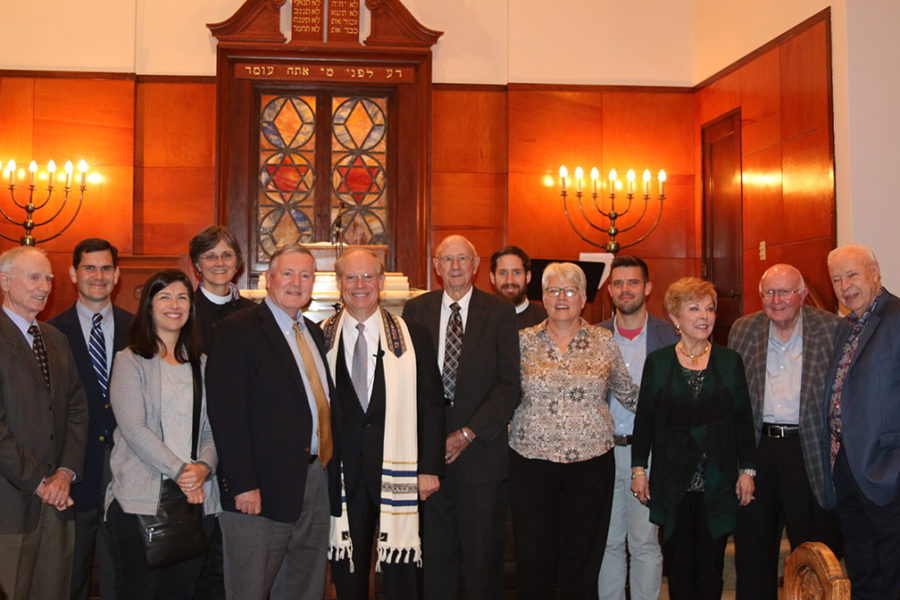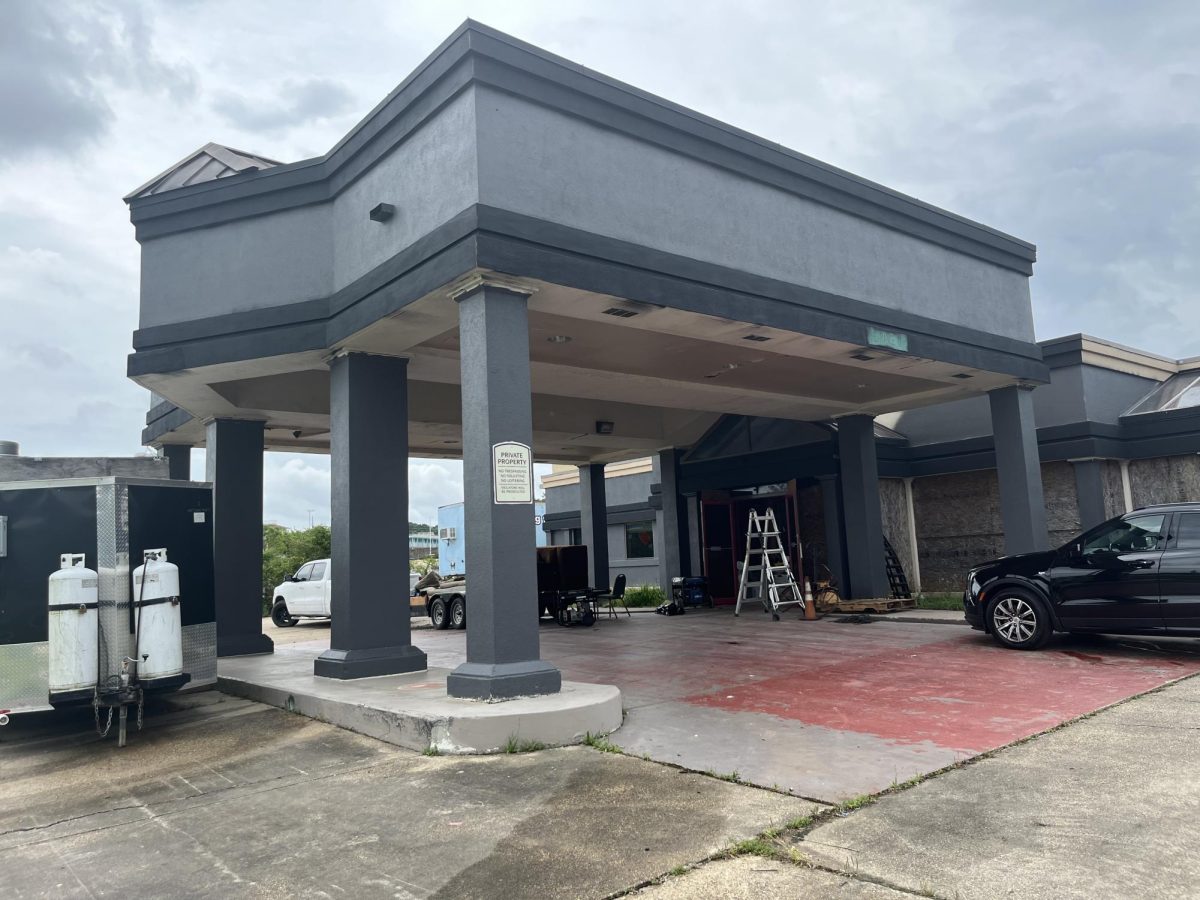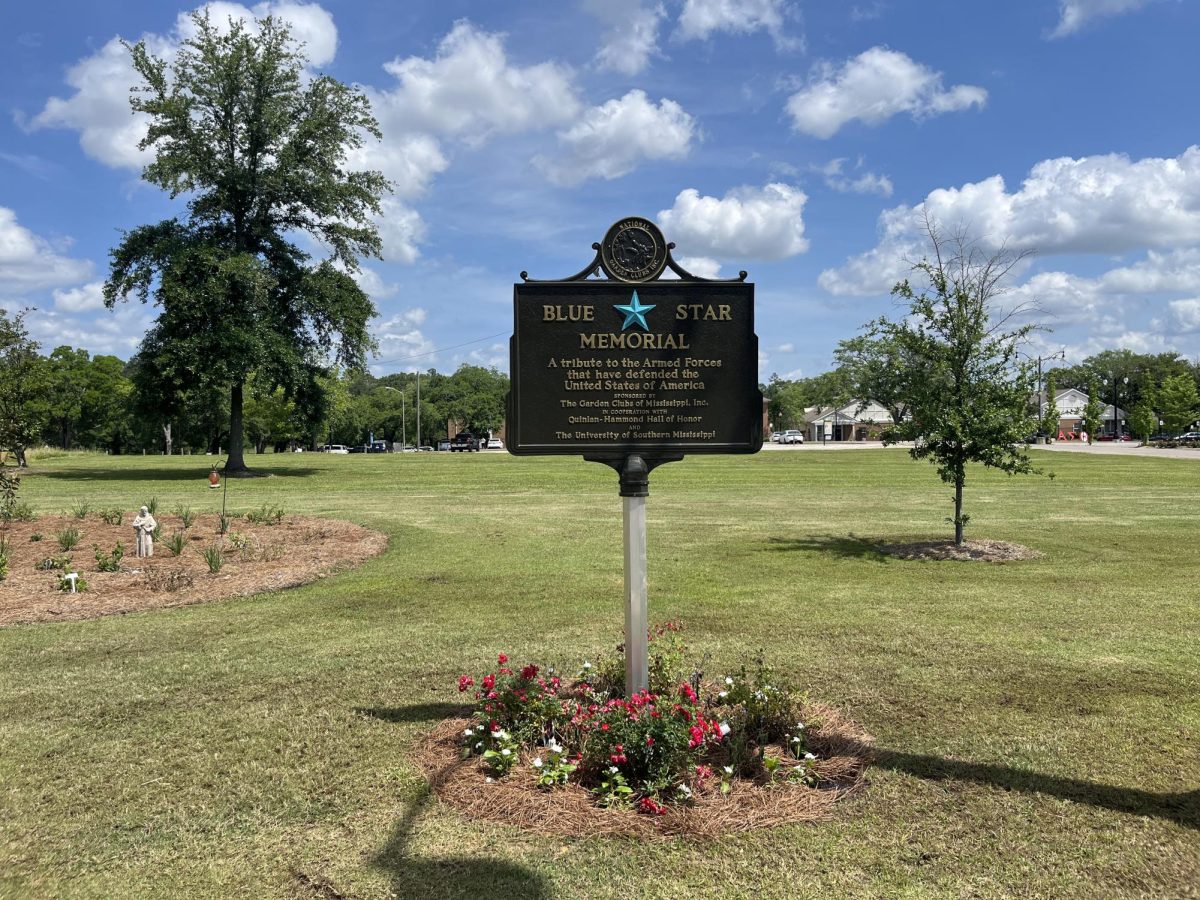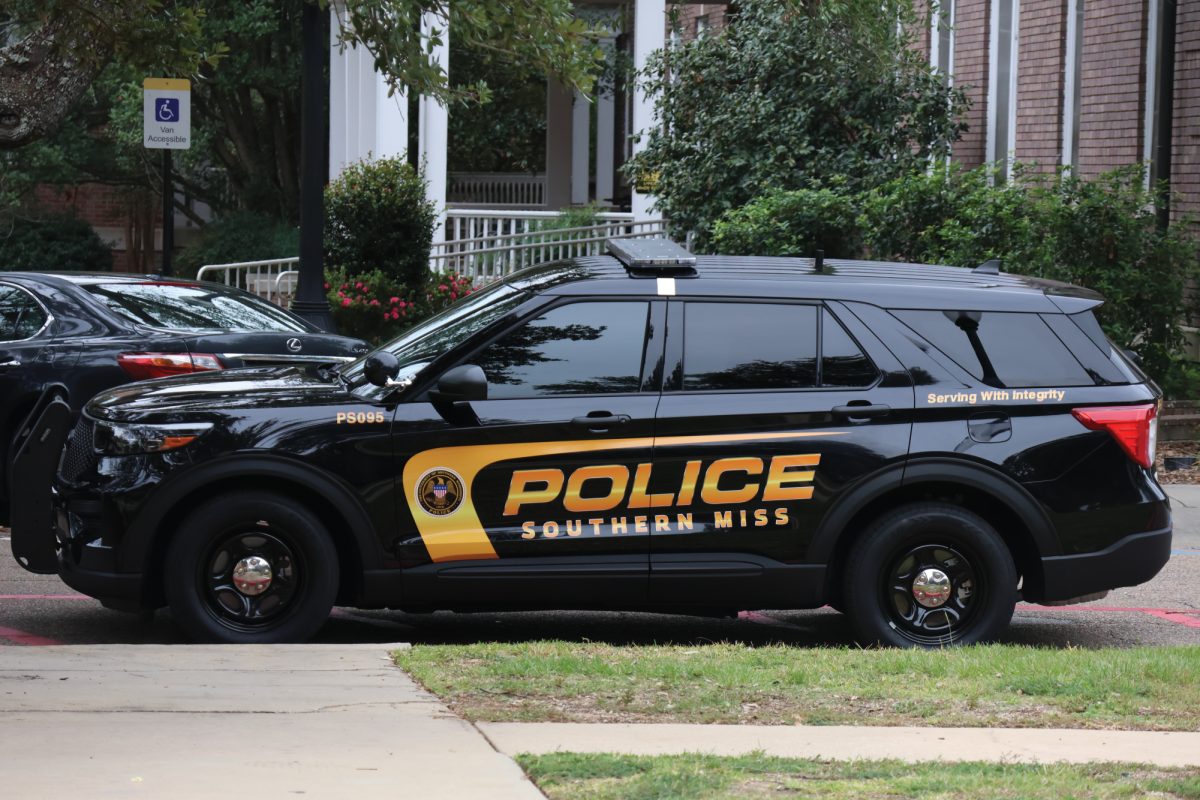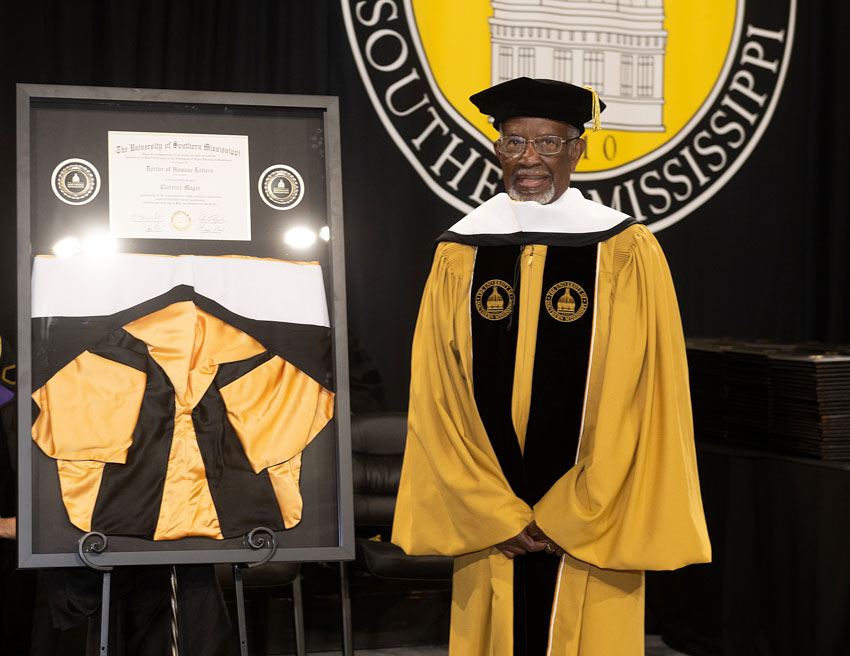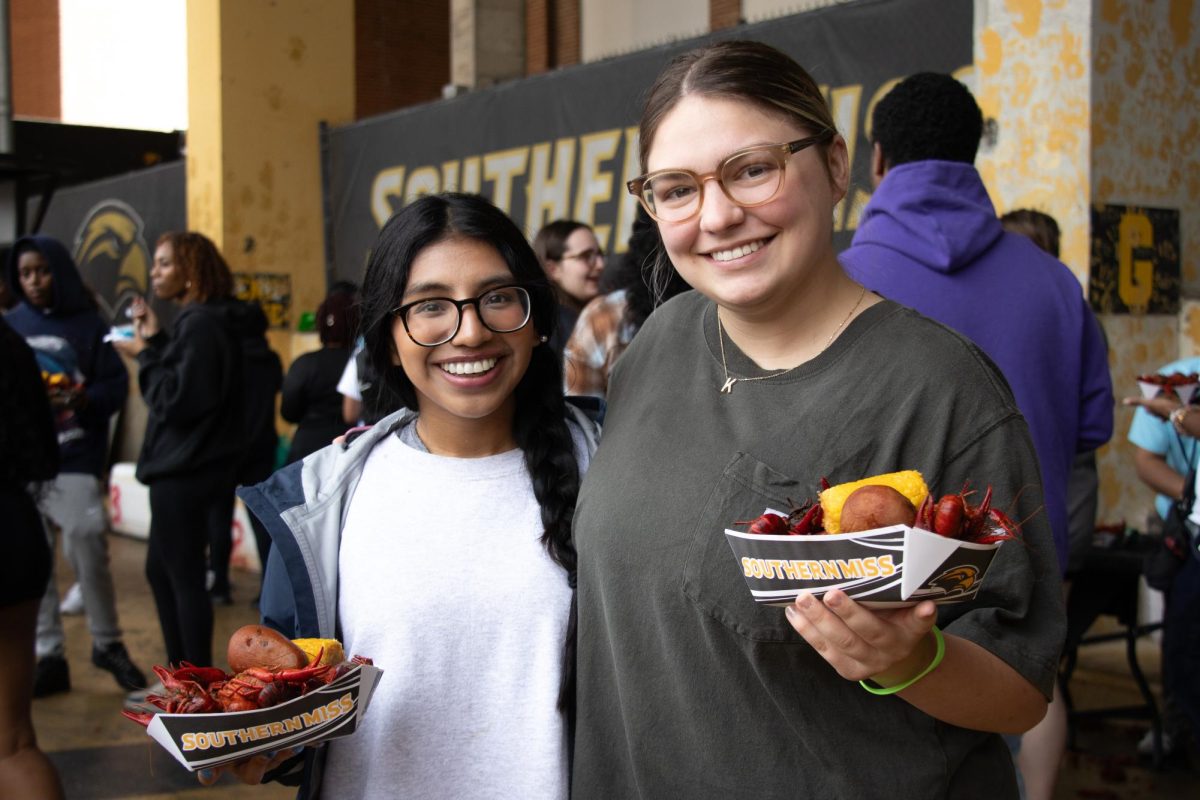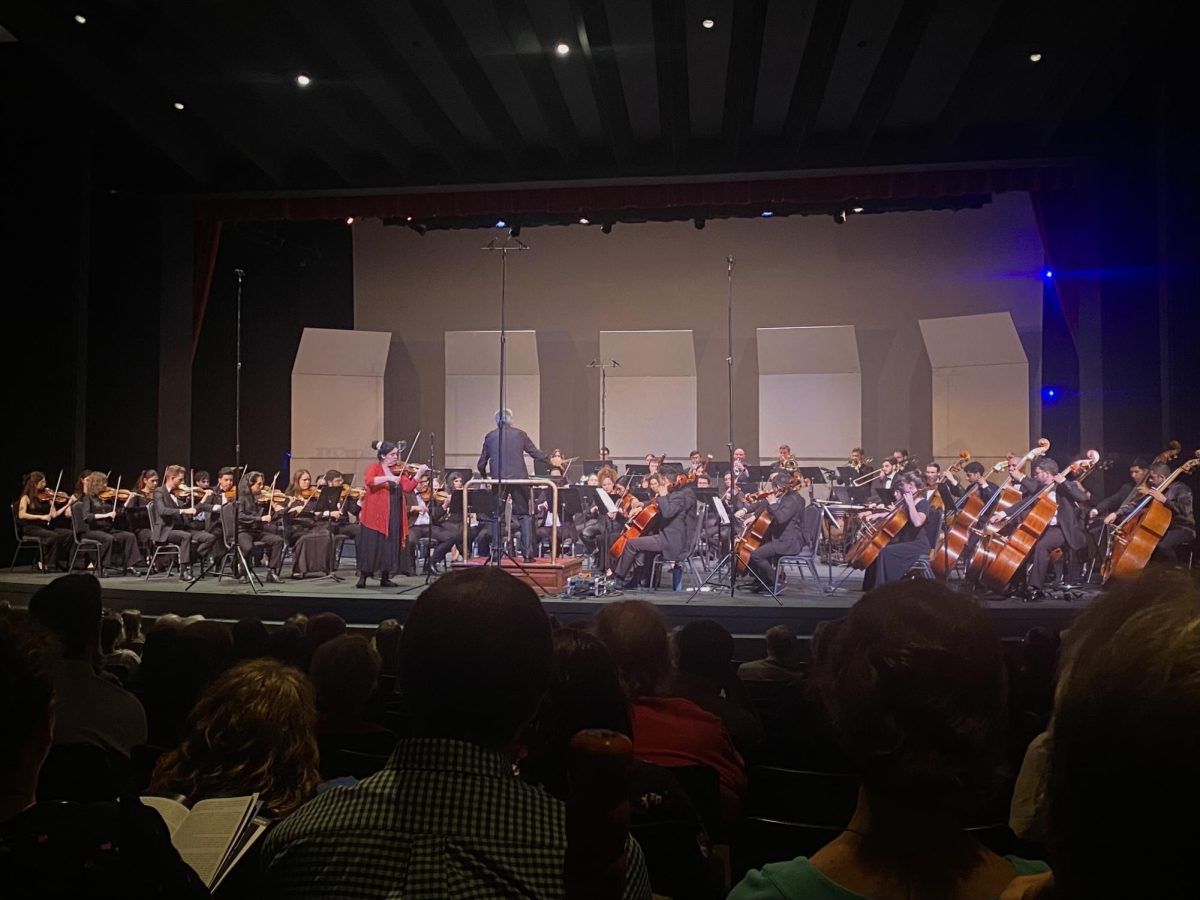Hattiesburg residents filled almost all of the pews in Temple B’nai Israel as the church celebrated Shabbat Friday, Nov. 2, after 11 Jewish people were murdered in Pittsburgh.
Every Shabbat, the Jewish congregation says a prayer for healing, Mi Shebeirach, with their loved ones in mind. However, during this Shabbat, the congregation extended their prayers to the national level, thinking of those who were murdered in the mass shooting a week prior.
On the morning of Saturday, Oct. 27, Robert Bowers walked into the Tree of Life Congregation Synagogue with an assault rifle and four handguns, yelling, “All Jews must die.” Eleven worshipers were murdered, and six were injured that day.
Bowers was charged with 29 federal counts, including hate crimes.
New Orleans resident and Rabbi Edward Kohn joined the synagogue to deliver a message of healing.
Kohn lived in Pittsburgh with his family for five years near the Squirrel Hill neighborhood while he served as a rabbi for a temple near Tree of Life. He described the neighborhood as “close knit and wonderful.”
“I didn’t know the specific people, but I know the goodness of that wonderful little village inside a major city,” Kohn said. “That’s what it is. It’s so rare. It’s not just Jews. There are people of all kinds of denominations, and they have a history of getting along well and doing interface study together and having tremendous respect for one another. So what took place there was so shocking for everybody because there’s always been such a high plane of love and acceptance in that area.”
Southern Miss Director of Admissions Erron Flowers said he was invited to the synagogue by one of his coworkers and wanted to show support the local Jewish community.
“We’ve seen it time and time again from churches. It’s happened to African American churches. It’s happened to all different types of religions, Muslims, Jews, Christians. Nobody is exempt from it, and that is extremely sad,” Flowers said.
“[Kohn] said it tonight. When this happens to us, it happens to you. There were so many times when he was talking about different things that Jewish people went through. I was like, ‘That was such a similar experience to my ancestors and my people, and so I think it shows that when one of us hurt all of us hurt.”
Education fellow for the Institute for Southern Jewish Life Mackenzie Haun traveled from Oberlin, Kansas, for her fellowship and assisted Kohn during the service.
Haun said the Pittsburgh shooting reminded her of another anti-Semitic tragedy, the Overland Park Jewish Community Center shooting in 2014.
“During my senior year of high school, there was a shooting at my Jewish community center in Kansas,” Haun said. “I have unfortunately been on the side of the trauma before and have lived through my synagogue completely changing as far as having the door locked all the time and having a police presence every Friday night, which we didn’t use to have.”
“It wasn’t so much shocking to me that [the Pittsburgh shooting] happened as it was saddening to see the wide response of everyone had to step up their security and not feeling as safe as they once did in their sacred spaces. That’s just heartbreaking to me,” she said.
Kohn said people should be more responsible with their speech; however, he does not see that happening in the near future.
“I don’t see any signs of it with the inciting of people with sending troops to the border and the disparagement of immigrants,” Kohn said. “There’s nothing religious about that. We are taught to remember that we were strangers in the land of Egypt, and we’ve been immigrants. And we help immigrants. That’s part of our calling as immigrants.”
Having a grandfather who immigrated to America from Russia in the 20th century, associate professor of political science Kate Greene, Ph.D., said she came to Temple B’nai Israel for the first time to show she cares about the Jewish community.
Greene said she is no longer surprised by news of mass shootings and said President Donald J. Trump is to blame for the frequency.
“He’s made it acceptable for these people who have always been out there, but for a long time have had to stay quiet,” Greene said. “Now they’ve got somebody in the Oval Office who doesn’t criticize them and supports them.”
Despite this, Greene said peace and love are attainable goals.
“It’s the message of all the major religions, including Islam. We just need to love each other, and we don’t. And we should.”
Kohn referred to the congregation as healers as he prepared to conclude the service and lit a Yahrtzel candle, which will remain lit for seven days, in memorial of the Pittsburgh victims.
The next time Temple B’nai Israel congregants will meet will be on the 80th anniversary of Kristallnacht, where more than 1,000 synagogues and Jewish businesses were burned and vandalized and more than 100 Jewish people were killed by Nazis in two days.
“People pass by doorways and for one reason or another they don’t go in, but tonight people came in who had never been in here,” Kohn said. “And they knew that they would by their very presence they would be a force for healing and for comfort. Everybody who was here had somewhere else they could be, but they didn’t go there. They came here, and that’s the message. You know, they say the friend is the one who comes in when the rest of the world goes out.”































